Customs of the Islamic Republic of Iran is a government organization under the Ministry of Economic Affairs and Finance, which, as the country's economic border guard, has a central and coordinating role in the entry and exit points of the country.
This organization is responsible for exercising the government's sovereignty in the implementation of the Customs Law and other laws and regulations related to the export and import and transit of goods and the collection of import duties and customs duties and related taxes and technical requirements and trade facilitation through the following measures.
♣ Applying government policies in the field of export and import and transit of goods
♣ Identification and collection of import duties and other legally collectable funds by Iranian customs
♣ Carrying out the legal formalities of clearance and delivery of the goods to the owner or his legal representative and checking the clearance documents in order to verify the correctness of the conditions of clearance and collect the deduction received or the refund of the excess received
♣ Control and supervision of goods crossing the territory of the country
♣ Implementation of rules and regulations related to border bazaars, border dwellers and cocoons
♣ Application of customs regulations on exemptions and prohibitions
♣ Implementation of laws and regulations related to customs violations and smuggling, abandoned and confiscated goods
♣ Anticipating and providing the required infrastructure for the implementation and establishment of new systems, procedures and methods such as a single window in customs activities
♣ Collecting, analyzing and publishing statistics on the amount of import and export of goods
♣ Investigating and understanding the obstacles of the customs system and planning to solve them
♣ Commenting on draft plans, bills, approvals related to customs affairs
♣ Adopting appropriate methods to guide legal and judicial claims related to customs affairs
♣ Training employees and monitoring and inspecting the actions and behavior of customs employees, discovering their violations and administrative faults
♣ Inspection of customs executive units and supervision of their performance and quantitative and qualitative organization of entry and exit points
♣ Handling and resolving disputes arising from the implementation of customs laws and regulations between the customs and the owner of the goods according to the relevant laws and regulations
♣ Expansion of international communication, conclusion of bilateral or multilateral memorandum of understanding and customs agreements, membership and active interaction with international and customs organizations in compliance with Article 77 (77) of the Constitution and relevant laws.
♣ Complying with the recommendations of the World Customs Organization, commercial contracts and concluded or exchange agreements within the framework of the relevant laws and regulations.
♣ Using new technologies and equipping customs facilities with advanced tools to increase efficiency and improve customs formalities
♣ Necessary measures to facilitate commercial affairs, encourage exports and expand the passage of goods
♣ Facilitating customs processes with the aim of developing tourism
♣ Performing other customs duties according to the law of customs affairs or other laws and regulations

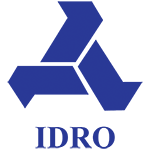
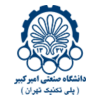
 Amirkabir University of Technology
Amirkabir University of Technology
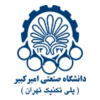
 Garmsar Campus, Amirkabir University of Technology
Garmsar Campus, Amirkabir University of Technology 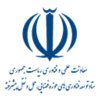
 Advanced Space and Transportation Technology Development Headquarters
Advanced Space and Transportation Technology Development Headquarters
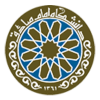
 Faculty of Islamic Studies and Economics, Imam Sadegh University
Faculty of Islamic Studies and Economics, Imam Sadegh University

 Semnan University of Medical Sciences and Health Services
Semnan University of Medical Sciences and Health Services

 University of Tehran Science and Technology Park
University of Tehran Science and Technology Park

 East High Airport (Ivanki)
East High Airport (Ivanki)
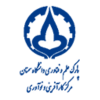
 Semnan Science and Technology Park
Semnan Science and Technology Park


